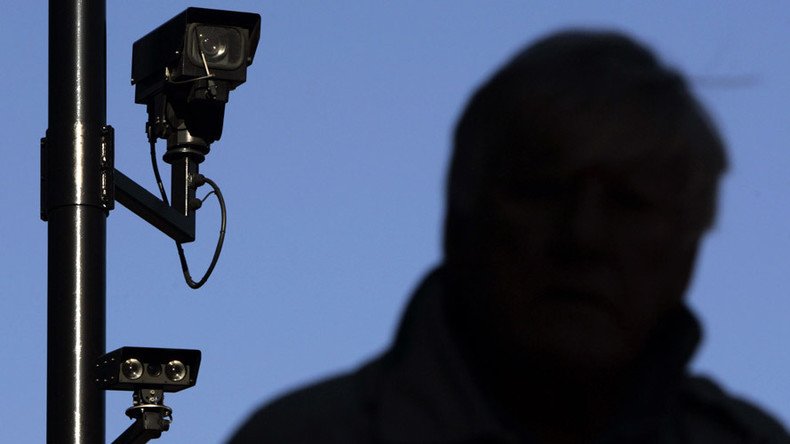Privacy or security? Swiss voters back new mass surveillance laws

Voters in Switzerland have endorsed new laws extending the authority of the country's spy agencies to monitor internet traffic, tap phones, deploy spy drones and hack foreign computer systems to combat militant attacks.
The new laws had been passed by parliament in September 2015 but Switzerland's system of direct democracy means voters must give the final go ahead to such changes and on Sunday some 65.5 percent of voters endorsed the legislation, although only 43 percent of voters took part in the poll.
Terrorism winning in Switzerland as freedom is given up in today's vote. Time to go dark! #NDGnein
— Maxim (@maximCH) September 25, 2016
Switzerland the only country in the world where majority of ppl who can vote will say
— Katla (@kaddlah) September 25, 2016
yes please to mass surveillance.
goodbye privacy
The vote gives new powers to the Federal Intelligence Service and other agencies, along with rules on when the agency can apply the legislation, which the Swiss government say will only be used once a month and only to monitor high risk suspects.
Security services in neutral Switzerland had been seen as having limited investigative powers compared to other developed countries: phone tapping and email surveillance had been banned, regardless of the circumstances.
It’s official: 65% of the 42% of swiss people who care to vote don’t give a shit about privacy!
— Moritz Brunold (@Moritz_Brunold) September 25, 2016
Although Switzerland has not been affected by the sort of terrorist attacks seen elsewhere in Europe, the Swiss government had said current intelligence laws were outdated and ineffective as global terrorism evolves and becomes increasingly sophisticated.
READ MORE: Nearly 400 possible jihadists surveilled by Swiss intelligence
Swiss Defence Minister Guy Parmelin insisted the wealthy Alpine nation was not aiming to set up a vast data-gathering apparatus.
"With this law, we're leaving the basement and coming up to the ground floor by international standards," Parmelin told AFP.
So Switzerland has now decided that 1984's something to aspire to. Because legal state surveillance's not dangerous or anything...
— Fabienne Schwizer (@FLSchwizer) September 25, 2016
Opponents of the law say it will result in unprecedented mass surveillance and as it allows for the country's secret service to cooperate with foreign agencies, they argue Switzerland's neutrality could also be undermined.
Amnesty International have also said the new laws will result in "disproportionate" levels of surveillance in the country.
"It would help Switzerland catch up with other countries" in their infliction of Authoritarianism.https://t.co/c04ZLdomQy
— Bangkok Bacon ❄ (@baconbkk) September 25, 2016
Switzerland goes mass surveillance against every human right possible we need to keep privacy. https://t.co/qKKoAX223I
— Martin van Vuuren (@Nokterian) September 25, 2016
While voting in favor of the increased surveillance measures, a separate ballot saw 59.4 percent of voters turn down a potential increase of 10 percent in pension benefits.













